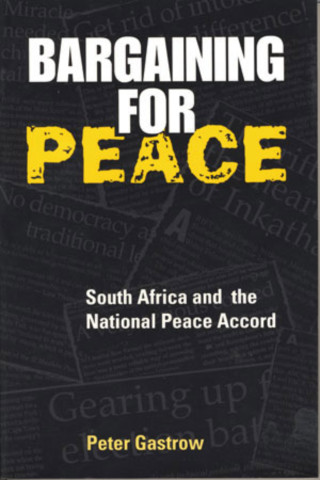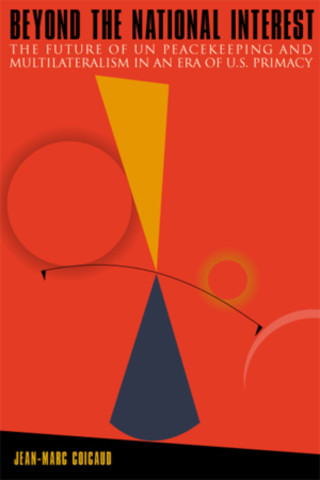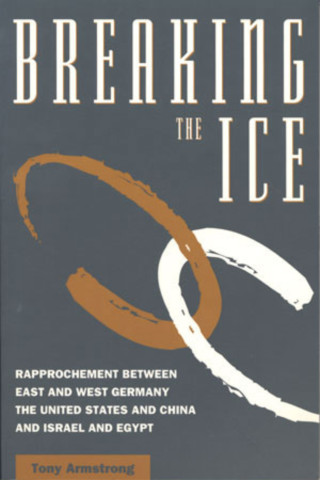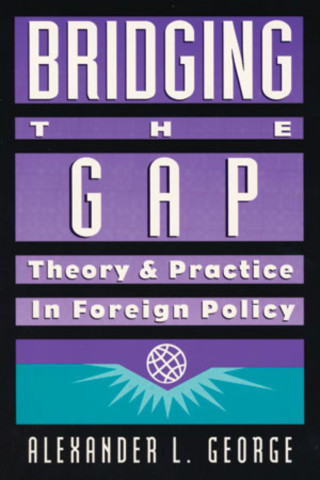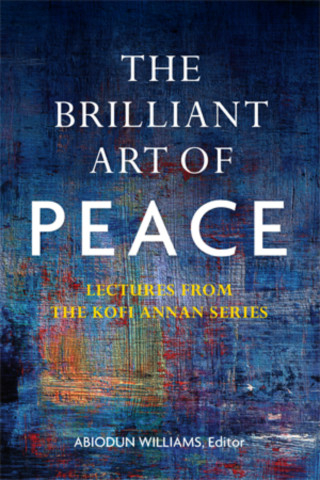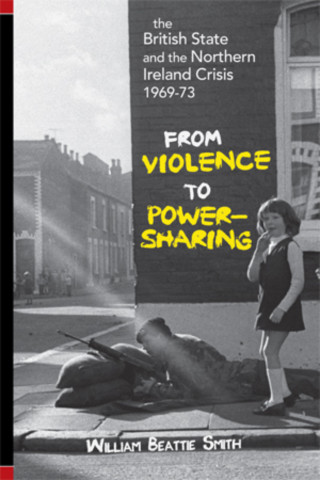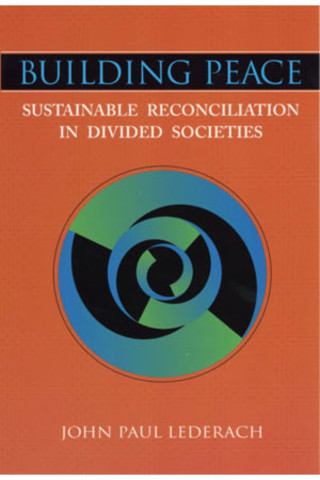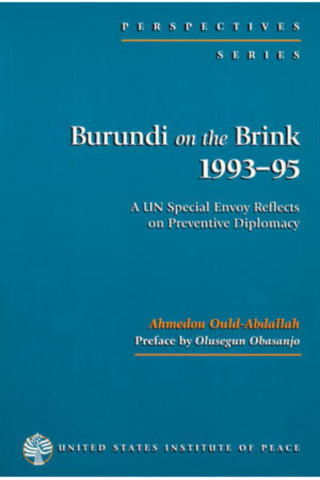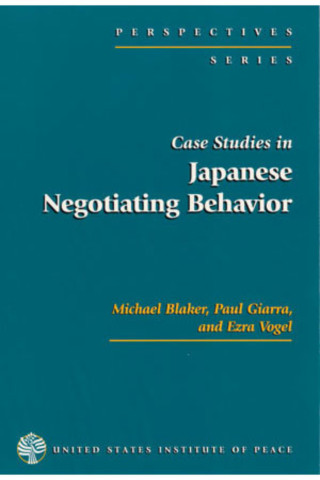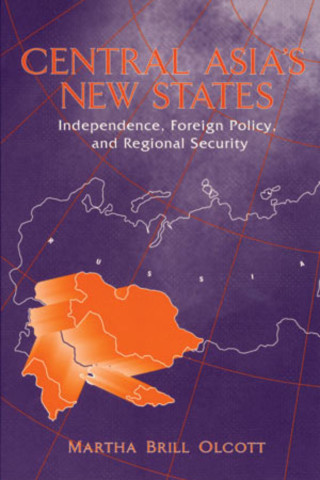Catalog
- Sort by
Gastrow describes the initiatives and events that led to the signing of the accord, exploring in particular the important roles played by religious groups and the business community.
Coicaud presents a thoughtful and wide-ranging survey of the UN’s contribution to peacekeeping and world politics after the Cold War.
Taking an in-depth look at cases of the two Germanys, the United States and China, and Israel and Egypt, Armstrong examines why initiatives by Brandt, Nixon/Carter and Mao, and Sadat and Begin succeeded where previous attempts at rapprochement had failed.
Bridging the gap that separates the two cultures of academia and policymaking is the central purpose of this pathbreaking study.
The Brilliant Art of Peace presents lectures delivered by seventeen of the world’s most eminent thinkers, including several Nobel laureates, during Kofi Annan’s tenure as secretary general of the United Nations.
Focusing on four case studies, William Beattie Smith traces the evolution of British policy from 1969–73 and depicts how easily a conflict over national identity can turn into bloodshed, grief, and horror; and how difficult it is to restore peace once a serious fight has started.
A major work from a seminal figure in the field of conflict resolution, Building Peace is John Paul Lederach's definitive statement on peacebuilding. Marrying wisdom, insight, and passion, Lederach explains why we need to move beyond "traditional" diplomacy, which often emphasizes top-level leaders and short-term objectives, toward a holistic approach that stresses the multiplicity of peacemakers, long-term perspectives, and the need to create an infrastructure that empowers resources within a society and maximizes contributions from outside.
Sophisticated yet pragmatic, the volume explores the dynamics of contemporary conflict and presents an integrated framework for peacebuilding in which structure, process, resources, training, and evaluation are coordinated in an attempt to transform the conflict and effect reconciliation.
Building Peace is a substantive reworking and expansion of a work developed for the United Nations University in 1994. In addition, this volume includes a chapter by practitioner John Prendergast that applies Lederach's conceptual framework to ongoing conflicts in the Horn of Africa.
Ambassador Ould-Abdallah arrived in Burundi with a mandate from the United Nations to rescue the country's fledgling democracy and bring together political and ethnic rivals. His original mandate was for three months; he stayed two years. When he left, Burundi was by no means tranquil, but his efforts to foster political power sharing and to rein in extremism had done much to avert all-out civil war and to save Burundi from the genocidal fate of neighboring Rwanda.
In Burundi on the Brink, Ould-Abdallah pulls no punches as he describes the challenges he faced—not only from Burundians but also from members of the international community. He is equally revealing about how he sought to boost the limited leverage available to a UN special envoy by bold action, personal example, and close coordination with the local, diplomatic, and NGO communities.
The volume concludes with a stimulating, often unconventional analysis of what Burundi tells us about what does and what doesn't work in the practical realm of preventive diplomacy.
Japanese representatives bring to the negotiating table a distinctive mind-set and behavioral style, one that’s largely free of gamesmanship and histrionics but that’s nonetheless frequently exasperating.
This volume explores four recent U.S.–Japanese negotiations—two over trade, two over security-related issues—looking for patterns in Japan’s approach and behavior. In the first three cases, veteran Japanologist Michael Blaker finds the same fundamental style—coping. “Coping captures the go-with-the-flow essence of the Japanese bargaining approach”: cautious, methodical, low key, resistant, apprehensive, and above all defensive. In the fourth case, Ezra Vogel and Paul Giarra recount how the United States and Japan fashioned a new security framework for their relationship in the 1990s. Vogel and Giarra show that close personal relationships, mutual trust, and a common purpose can foster flexible, fast, and fruitful negotiations.
Each case study explains the cultural as well as political, institutional, and personal factors and assesses their influence. A concluding chapter draws out common threads from the four studies, suggests how U.S. negotiators can maximize negotiating efficacy, and points the way toward a new and clearer understanding of Japanese bargaining behavior.
Recipient of "Outstanding Academic Book" Award—CHOICE, 2006
With breathtaking speed, the republics of the former Soviet Union have been transformed into independent states expected to perform their own foreign policy functions. Yet many of these republics have little experience in foreign relations, and their appearance on the international stage may upset power balances in regions that are already unstable.
The new Central Asian states in particular are becoming of increasing interest to the West, because of their enormous resource base, especially oil and gas; their large, mostly Muslim, population; and their relative proximity to the volatile Middle East. But there is a dearth of informed analysis on this much misunderstood region.
This timely volume helps fill that gap by closely examining the developing foreign policies of the Central Asia republics—especially Kazakhstan, Kyrgyzstan, and Uzbekistan. It describes in detail how they handled their transitions to statehood and draws important conclusions about the implications for regional and international peace and security.

